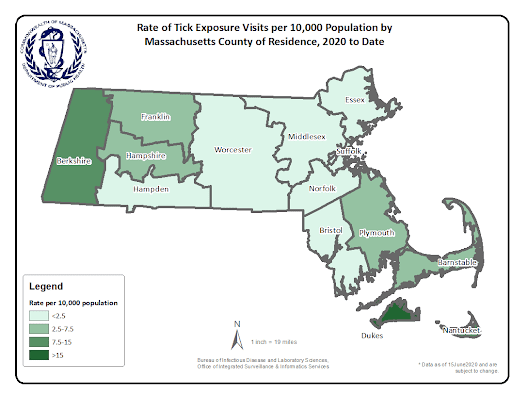Trending: Buyers seeking more space
My colleagues on The Cape are getting inundated with buyers who are giving up on city living. They are buying their vacation homes first (or buying their second homes now). The logic? If work-from-home becomes acceptable to employers, why not live in a beautiful place and telecommute to Boston?
City living is about the businesses that people support in a city: restaurants, theater, live music, education opportunities, museums, public parks, and events. Living away from the city is more attractive when all this is closed down, because of Covid-19.
Some buyers are taking the middle ground and are decamping to the suburbs. There, they can purchase a bigger house, with a private yard, in a school system that is as good, or better, than they could get near the city.
The Million Dollar Question
Will you move towards or away from the city, if you have the option?
In June, this year, I wrote about the factors to consider, if you are choosing city or suburban living. That seems like a long time ago.
Why do we live in the city, anyway? For many of us, it is for access to jobs. If telecommuting becomes the norm, we can live anywhere, would you still choose the city?
To drive or not to drive
 City living is more conducive to car-free living. Has Covid-19 changed this? Suburban and exurban living remains heavily car-dependent.
City living is more conducive to car-free living. Has Covid-19 changed this? Suburban and exurban living remains heavily car-dependent.
Businesses like Zipcar, Uber, and Lyft thrive in urban areas, where there are enough people to keep many cars in service at a time. Do you think Zipcar is clean enough to use? Have you become hesitant to call a cab, Uber, or Lyft since the pandemic began? Are you hesitant to ask for a ride from a friend outside your household?
Is public transportation safe enough? If you have a choice, would you avoid using subways and buses?
How hardy are you for bicycling or walking? Are you content with getting places, on your own steam, in any weather?
Bugs!
Mosquitoes: Bitten in the night.
Mosquitoes happen in the city, but they happen more in the suburbs or exurbs. Mostly, they are an annoyance. There are ways to minimize their impact on your lives, so that you can be outside in the evening.
What is more troubling, is that mosquitoes are carriers of serious diseases that currently have no vaccine, like West Nile Virus and Eastern Equine Encephalitis. Although there are vaccines and treatment for many of them (like malaria
West Nile risk map and a better one for mobile.
EEE risk map and a better one for mobile.
 Horse Flies: Swat all day from the end of June until August.
Horse Flies: Swat all day from the end of June until August.
These vicious biting flies love mud. I took this picture in Wayland the second week in July. These traps work. They catch hundreds of flies. But, in the course of seeing a single house, we were swatting. Some places are worse than others. Houses near wetlands or a muddy-shored river or lake will see these flies in the summer. They are active during the day.
Ticks: They get attached to you.
Ticks thrive where there is brush to hide in. That’s not the city, but it is city parks. Generally, ticks bites cause people to need medical care more in the counties to the far west, and on Cape Cod and the Islands. However, they can be in your yard, even a small urban one.
Prevention involves repellents, choosing clothing that helps you keep them off you and make them easier to see, and checking yourself, your family and your pets for ticks whenever you’ve been in greenspaces. For suburban people, that’s everyday. Link to home care regarding ticks.
Murder Hornets: Well, you did want to know, right?
There have been two reports of murder hornets on the North American continent. One was in Canada, and one in the United States. Both were on the west coast. I will go on record here and tell my suburban and exurban buyers that they don’t need to be concerned about this, in terms of their move. Murder hornet update.



Leave A Comment